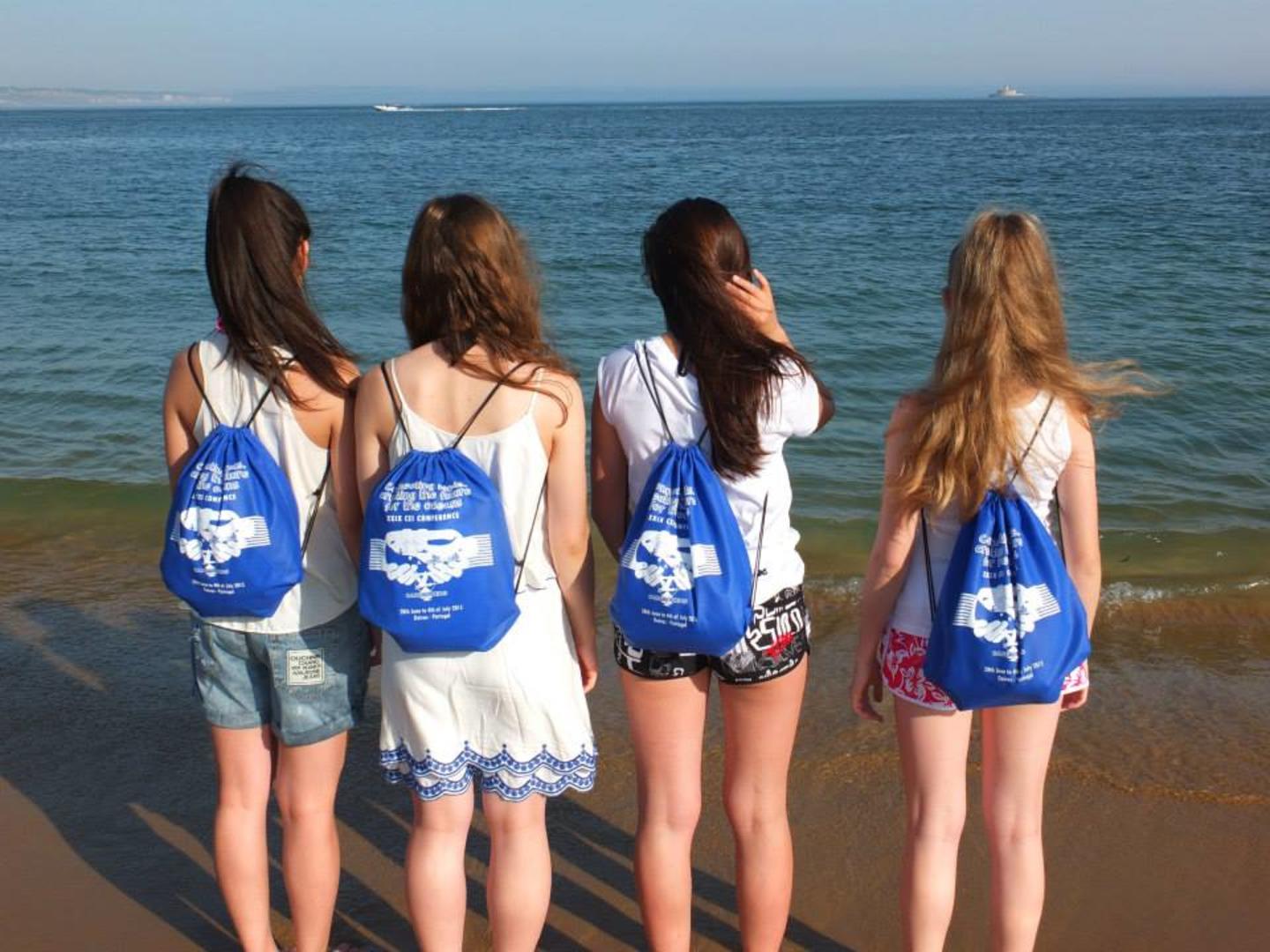This article is adapted from an article written by the Portuguese National Focal Point, Ministry for Planning and Infrastructures.
Promoting awareness on marine issues among young people is one of the aims of the Portuguese the ‘Integrated Marine and Coastal Management’ programme. Among organisations working to this end is the Portuguese Association of Environmental Education (ASPEA). ASPEA has decades of experience in providing both formal and non-formal environmental education and is running five projects through the programme. The projects place a focus on engaging youth through the seven principles of ocean literacy.
The seven principles of ocean literacy
1. The Earth has one big ocean with many features.
2. The ocean and life in the ocean shape the features of Earth.
3. The ocean is a major influence on weather and climate.
4. The ocean makes the Earth habitable.
5. The ocean supports a great diversity of life and ecosystems.
6. The ocean and humans are inextricably interconnected.
7. The ocean is largely unexplored.
Engaging through films
Among those projects is the CurtMAR project which aims to teach students in secondary and vocational school about the essential principles of the ocean in a creative audiovisual way. The project included a national competition of environmental short films where students across the country captured the impact humans have on the marine environment. Sixty-two films were received and three prizes awarded to the best submission in each age category.
Sea meetings
The Sea meetings project focused on environmental education and literacy of the oceans, involving eight schools from mainland Portugal and the Azores. Through the project, around 300 students from these schools and their teachers participated in a ‘sea of meetings’ to discuss, share information and experiences, and contribute to a greater and better understanding of the ocean influence on our lives and the impact of people on the oceans. ASPEA, the MARE Research Centre and Educatis Training Centre also participated in these initiatives between May and June 2015.
Connecting youth
The project Connecting minds, creating the future for the oceans aimed to improve ocean literacy among youth in Portugal and abroad. This was done through the internationalisation of the ‘Sea Kit’ project which was developed by the project partner, the Task Force for the Extension of the Continental Shelf (EMEPC). The ‘Sea Kit’ is a collection of educational resources aimed at bringing the ocean into the classroom through various tools, including both formal educational sessions and leisure activities. The final initiative was the organisation an international conference CEI2015 under the umbrella of the Caretakers of the Environment International Foundation network in which ASPEA participates as the representative for Portugal. About 300 students and secondary school teachers from 22 countries presented the projects taking into account one of the seven principles of oceans literacy.
Two more projects run by ASPEA, My Observatory from Rivers to Ocean (MyO_R2O) and MIA - Revealing the Water Invisible World are dedicated to Ocean literacy, and will be completed by November 2016.
More
The ‘Integrated Marine and Coastal Management’ programme is the largest programme supported in Portugal with € 19.2 million in funding from Iceland, Liechtenstein and Norway. The programme aims to obtain and secure Good Environmental Status (GES) in the Portuguese marine and coastal waters, increase the capacity to predicting the future status of the marine and coastal waters by introducing better methods of modelling, and increase the general awareness on marine issues among young people through various local initiatives.
Read more about the Portuguese ‘Integrated Marine and Coastal Management’ programme
